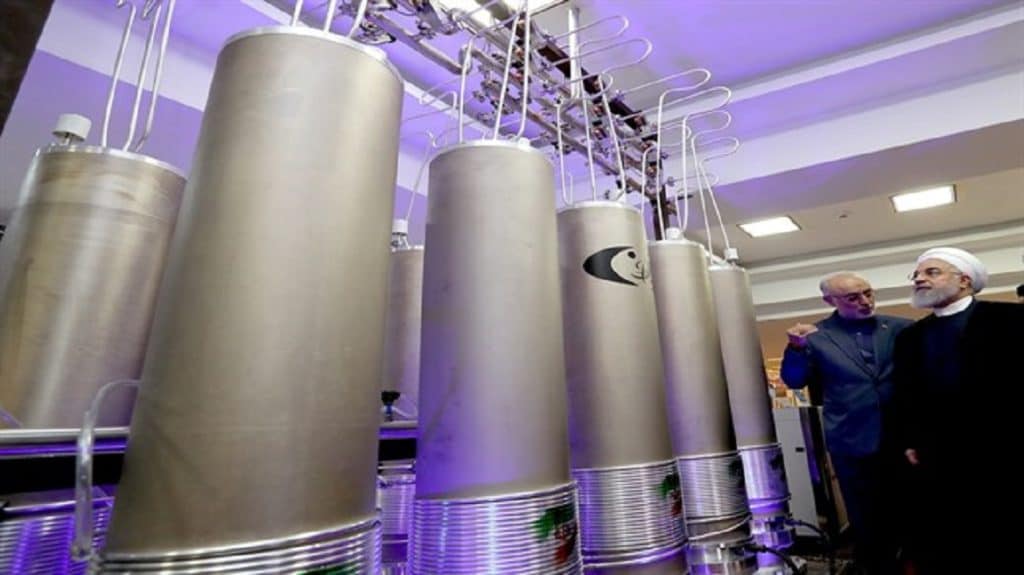By Denis Korkodinov
The pressure exerted by the White House administration on Iran was intended to weaken the Ayatollah regime, but this led to the opposite effect. Tehran responded with an attack on Saudi oil facilities, the capture of tankers. This put the global economy on the brink of collapse. But this was the calculation.
Ultimately, Iran has shown that it has the ability to inflict irreparable damage on the United States if American pressure is not mitigated. Donald Trump perfectly understood this message, as a result of which the pressure on Iran really softened. At the very least, Washington no longer demands the immediate outbreak of hostilities against the Islamic Republic. Meanwhile, Tehran got a chance to sell enriched uranium to all interested countries.
French President Emmanuel Macron and British Prime Minister Boris Johnson sought to mediate between the US and Iran, proposing a new version of a nuclear agreement under the guarantee of the lifting of sanctions. But the problem is that the Ayatollah regime now does not need any deal, since it is actively implementing a program to enrich uranium, which would be impossible if a new nuclear agreement were signed.
Realizing this, Washington decided to go through the creation of instability, almost simultaneously encouraging social unrest in Iraq and Lebanon, where Iranian influence is most productive, and then in Iran itself. The purpose of such a policy is to force Tehran to resume the negotiation process. But the time for this has already been lost.
At the moment, Iran relies on oil and the development of nuclear potential to save its own economy and ensure national security. However, if, as a result of American sanctions, the export of Iranian oil turned out to be difficult, then there are no special problems for the development of the nuclear cluster, since all Iran’s developments are usually classified, and information about nuclear facilities that has become known to the international press is easily refuted by the Iranian leadership.
But most importantly, Iran’s nuclear facilities are located exclusively on its territory, which makes them practically inaccessible to external interference. At the same time, Tehran will hardly use the entire amount of enriched uranium to satisfy its own needs. A significant portion of it will be exported to external interested parties. This will allow the Ayatollah regime to neutralize the effects of the economic crisis and avoid bankruptcy.
Despite clear criticism from the international community, many countries show great interest in the development of the Iranian nuclear program, because it is cheap, it does not raise suspicion and this avoids liability in case of violation of the transaction.
Thus, many members of the international community are waiting for the ayatollah regime to enrich uranium to the necessary level to buy it. And when the Iranian leadership publishes official reports that it enriched uranium several percent above acceptable values, this information is not so much for the United States, but for potential buyers who adjust the price of enriched raw materials for nuclear weapons on Iranian tabloids.
(The opinions expressed in this article are solely those of the author and do not necessarily reflect the views of World Geostrategic Insights)
Image Source: Iran-Daily







